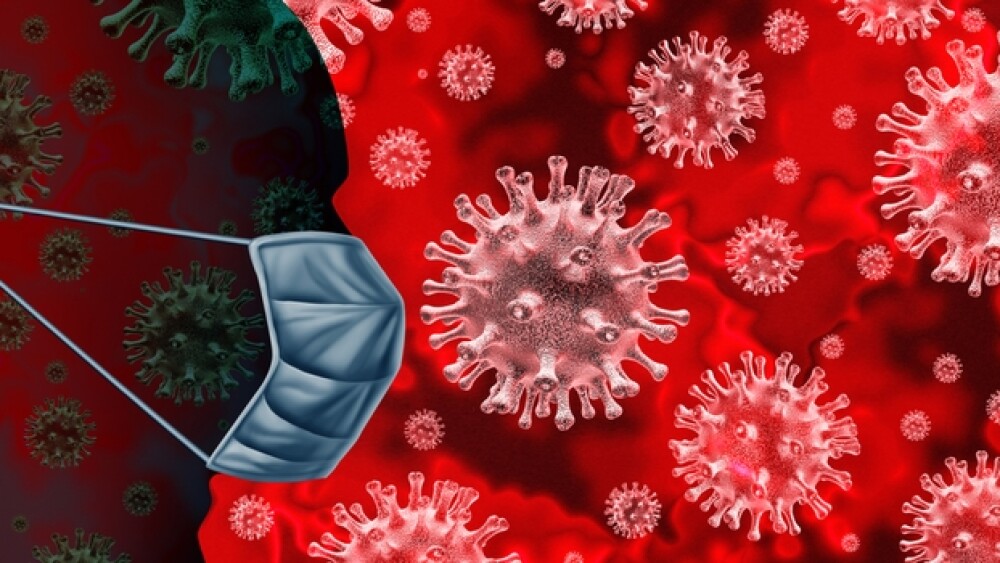The world continues to wait with bated breath for a treatment for COVID-19, and Pluristem Therapeutics appears to be on the cusp of providing some hope.
The world continues to wait with bated breath for a treatment for COVID-19, and Pluristem Therapeutics appears to be on the cusp of providing some hope. Preliminary data from Israel is showing promise for the company’s experimental treatment.
On Wednesday, Pluristem reported that seven intensive care patients in Israeli hospitals who had been on ventilators and suffered from COVID-19-related Acute Respiratory Distress Syndrome (ARDS) are improving. The seven patients were all considered high-risk for dying from COVID-19-related causes, but all remain alive following treatment.
The seven patients had been cleared to receive Pluristem’s PLX cell therapy platform under a compassionate use program. Prior to treatment, all seven patients exhibited respiratory failure due to ARDS and were on ventilators. Also, four of the patients demonstrated failure of other organ systems, including cardiovascular and kidney failure, indicating critical disease and poor prognosis, Pluristem said.
ad
On Wednesday, Pluristem said six of the seven patients have completed a one-week follow up to their therapy. The seventh has not yet reached that milestone. Of the six, 66% of the patients, four, demonstrated improvements in their respiratory capabilities and three are being weaned from ventilators.
One patient has shown no change in respiratory parameters, is still breathing with the assistance of a ventilator and remains relatively stable. One patient has also shown deterioration in respiratory parameters, Pluristem said.
Two of the patients who had multiple organ failures before the treatment began showed clinical recovery in addition to the respiratory improvement, Pluristem said.
Pluristem’s PLX cells are allogeneic mesenchymal-like cells that have immunomodulatory properties that induce the immune system’s natural regulatory T cells and M2 macrophages, and thus may prevent or reverse the dangerous over-activation of the immune system, which has been seen in a number of COVID-19 cases. Following the preliminary data from the Israeli hospitals, Pluristem said it intends to initiate a clinical trial for the potential use of PLX cells in the treatment of patients suffering from complications associated with COVID-19.
“We are pleased with this initial outcome of the compassionate use program, and committed to harnessing PLX cells for the benefit of patients and healthcare systems. In order to maximize PLX cells’ impact on patient recovery and to work towards making our treatment widely available, we plan to quickly move forward into a clinical development program,” Pluristem Chief Executive Officer Yaky Yanay said in a statement.
Yanay added that the company will seek government funding to support the development of PLX cells for COVID-19. He said the company is “dedicated to using its competitive advantages in large-scale manufacturing to potentially deliver PLX cells to a large number of patients in significant need.”
Pluristem expects to continue treating patients for complications associated with COVID-19 under the compassionate use program in Israel, the company said.





